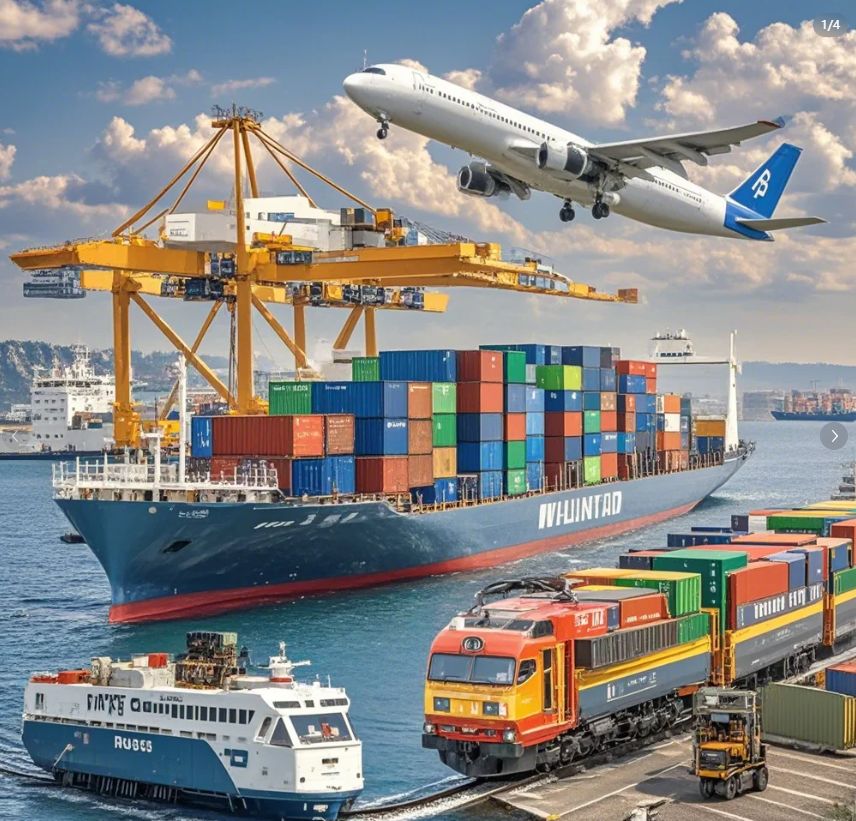Frequent Accidents of Giant Cargo Ships Announce General Average! How to Avoid Multi-Million Losses?
Release time:
2025-09-11
International Shipping Risks Escalate: How Should Shippers Respond?
Recently, the international shipping industry has witnessed frequent major accidents, particularly involving large container ships. Shipping companies have declared General Average, meaning that shippers may have to share the costs incurred from salvaging the vessel and cargo. This could result in significant financial losses for shippers. This article briefly analyzes the concept of General Average, its impact, and strategies to mitigate risks.
1. What is General Average?
General Average is an ancient principle in maritime law. It refers to the costs and losses incurred from special measures (e.g., jettisoning cargo, emergency repairs) taken to ensure the safety of the ship and its cargo when faced with common peril. These costs are shared proportionally by all parties involved.
Conditions for Declaring General Average:
Common Peril: The ship and cargo face an imminent threat.
Intentional Measures: The captain takes proactive action to prevent loss.
Reasonableness: The measures are necessary and cause minimal loss.
Direct Loss: The loss must be directly related to the measures taken.
2. Recent General Average Case Reviews
"MARIE MAERSK" Fire: A fire occurred off the coast of West Africa, leading Maersk and Hapag-Lloyd to declare General Average. All cargo owners had to provide guarantees before cargo could be released.
"STRATFORD" Fire: A container fire broke out on a route between China and India, leading to a General Average declaration by several shipping companies.
"Dong Ming" Explosion: An explosion at Ningbo Port led Yang Ming to declare General Average, resulting in substantial costs for cargo owners.
"DALI" Collision with the Baltimore Bridge: The vessel collided with the Baltimore Bridge, incurring large salvage costs and a complex claims process.
3. Impact of General Average on All Parties
For Shippers:
Delayed Cargo Pickup: Cargo cannot be released until a guarantee is provided.
Financial Pressure: Cash guarantees or insurance guarantees may be required.
Additional Costs: Extra costs such as storage and transshipment fees may arise.
Shared Responsibility: Even if cargo is undamaged, shippers must share in the General Average costs.
For Shipowners:
High Rescue Costs: Shipowners must initially cover the costs of rescue and repairs.
Disputes Over Cost Sharing: Potential legal disputes with shippers regarding the allocation of costs.
Reputation Damage: Safety incidents can harm the company’s reputation.
For Insurers:
Review Responsibility: Insurers must verify the validity of General Average.
Guarantee Responsibility: Insurers assist in providing guarantees and handling claims.
4. How to Mitigate Risks from General Average?
Purchase Adequate Insurance:
Ensure your policy includes coverage for General Average. Without insurance, shippers may need to provide a large cash guarantee to release cargo.
Respond Promptly to the Shipping Company’s Request:
When notified of a General Average declaration, immediately contact your insurance provider for a guarantee letter to avoid additional fees.
Prepare Proof of Cargo Value:
Provide accurate invoices or packing lists to prevent additional costs due to misdeclared value.
Be Aware of Legal Time Limits:
General Average claims have a short statute of limitations. Delay may result in losing the right to pursue compensation.
5. Conclusion: Be Prepared to Minimize Risks
Shipping accidents are often unpredictable. Shippers can effectively avoid significant losses by purchasing sufficient insurance, understanding General Average regulations, and taking prompt action when needed. Working with shipping companies with a strong safety record and reliable logistics partners is key to reducing risk.
For more solutions, contact Passionship International Logistics. We provide comprehensive protection for your cargo, ensuring smooth transport and mitigating potential risks.
RELATED BLOG
Understanding Door-to-Door Sea Shipping from China to the USA: A Comprehensive Guide
Door-to-door sea shipping from China to the USA is a logistics service that entails transferring goods from a seller's location directly to the buyer's specified destination. This method is especially advantageous for businesses looking to import large quantities of products due to its cost-effectiveness and ability to handle bulky items. The door-to-door sea shipping process generally consists of
View Details









